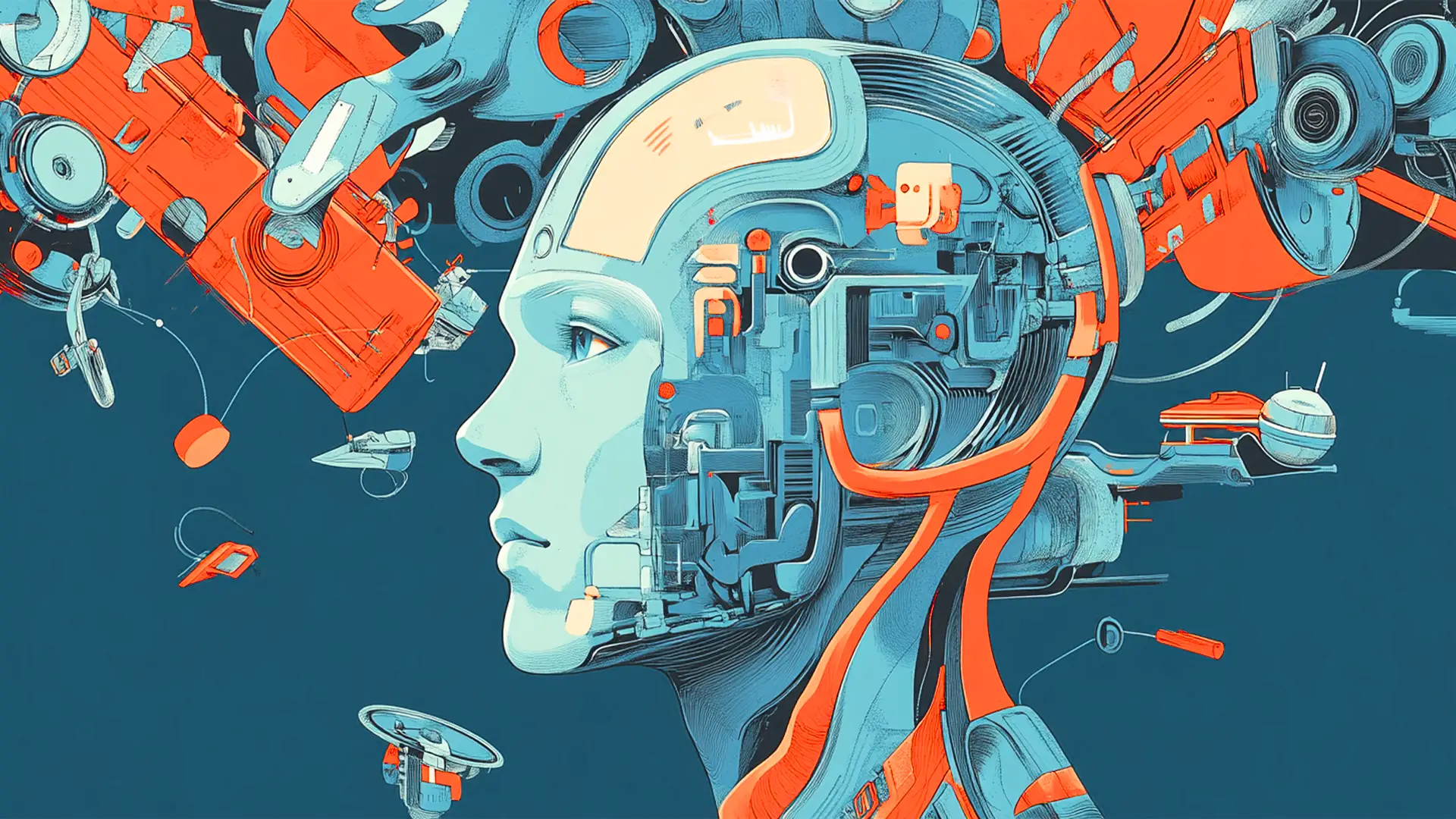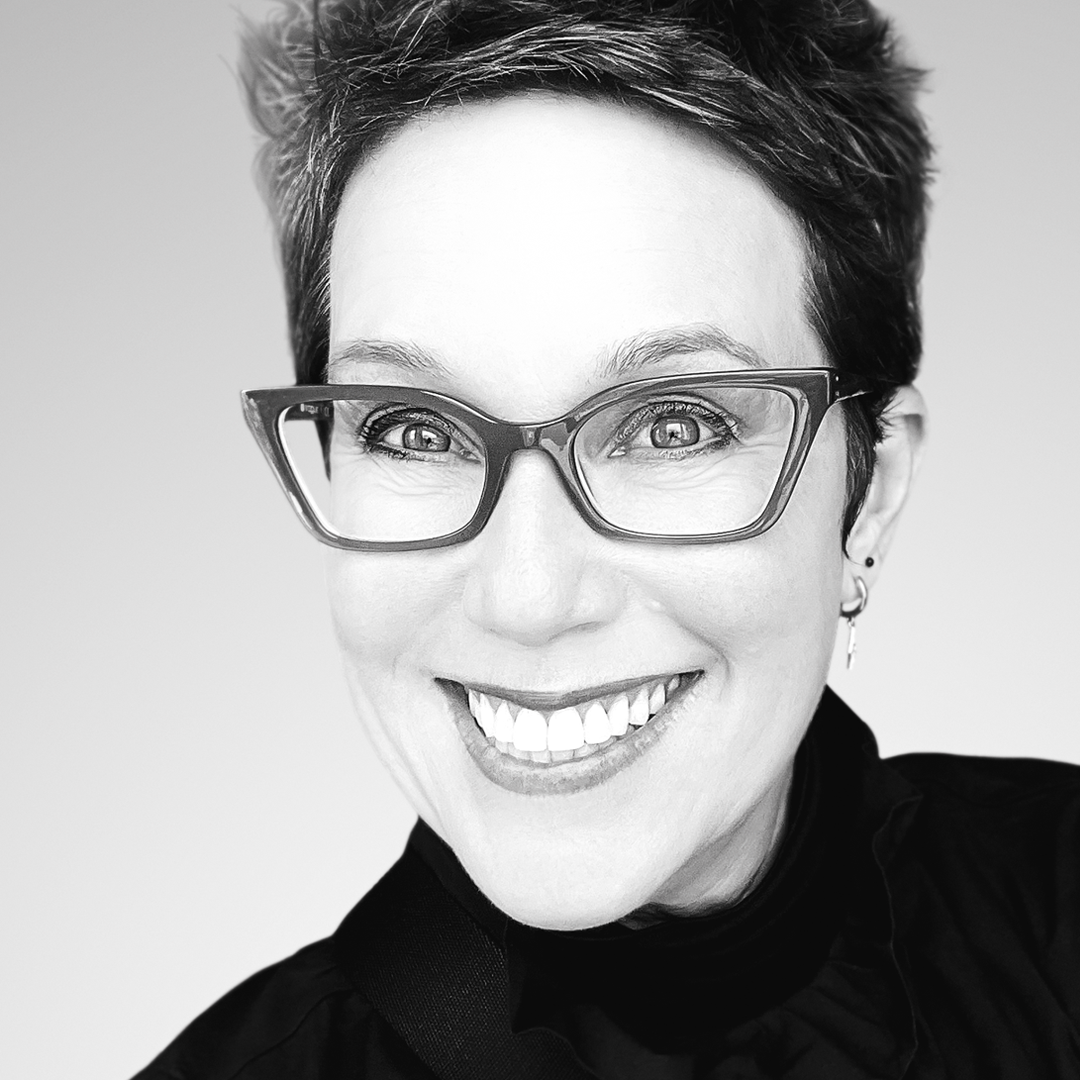Key Takeaways
- Large companies are realigning marketing roles to better meet customer needs, leading to varied perspectives on the importance of a CMO's presence in the C-suite.
- Emerging roles, such as Chief Digital Officer, are reshaping marketing leadership, focusing on specific areas like data and digital marketing.
- Today's CMO skills must blend empathy, data fluency, and tech-savviness to meet evolving customer needs and drive informed decision-making in a complex digital landscape.
Listen: Redefining the CMO role for better business results.
The role of Chief Marketing Officer (CMO) is evolving. CMOs today face the challenge of balancing brand purpose with business performance. Due to technological advancements and evolving organizational structures, many established businesses are moving the role out of the C-suite and embedding it into broader business ranks.
Some argue for a return to the traditional structure. Others believe that the changing role of the CMO aligns better with operational and consumer needs.
Either way, CMOs must adapt. It’s time to approach leadership marketing roles with clarity and intentionality, upskilling in areas of data analysis, and driving decisions based on customer insights. CMOs still centralized in the C-suite require new skills to stay relevant and, ideally, indispensable. And for those whose titles or responsibilities have shifted, there are new ways to effect change and thrive, if you approach it with the right strategy.
The changing face of marketing leadership
Take one look at large financial institutions today, and you’ll see how marketing roles fluctuate in real time. In the past few years, several big banks have eliminated the traditional CMO role from the C-suite. Instead, they are realigning it under business lines to better track their customers’ needs—especially when it comes to data and ROI.
Take Bank of America. When its long-time CMO, Meredith Verdone, retired in 2021, the bank ditched the position and instead nested marketing operations under its head of digital. The role had expanded beyond traditional marketing tactics to encompass business results, analytics, and technology—not C-level decision-making. For Bank of America, marketing’s value now lies in surfacing data-driven approaches to customer engagement.
Former Liberty Mutual CMO, Emily Fink, saw the same type of shift. Now the CMO of global claims management provider Sedgwick, Fink says it is no longer enough to just be a marketing expert. To be successful, CMOs must also excel at finance, technology, product, and operations. “Marketing is a more quantitative discipline than it has been in the past, so it’s attracting and promoting a fundamentally different person—one more aligned with the skills of a CEO,” she said in an interview for Forbes.
CMOs must adapt to keep C-level status
Prepare to prove ROI
In a fall 2023 CMO Report, a semiannual survey of U.S. marketing leaders suggests that top CMO challenges include “demonstrating the impact of marketing actions on financial outcomes,” as well as increased pressure from CFOs.
This shift toward a data-driven, analytical mindset can be jarring. For many, traditional CMO skills don’t include tech stack expertise. Yet, many modern C-suites favor executives with technical and analytical dexterity. Marketing is now held to stricter standards, and measurable outcomes matter more than brand management alone.
Ramp up data fluency
Savvy marketing leaders will continue to ensure a cohesive customer journey with the brand at large. That means organizing around core disciplines like SEO, social media, content creation, and design, all working collaboratively, bolstered by investment in data and technology. This encourages a consistent brand experience for the customer, leveraged by data and insights to ensure greater efficiency from the inside out.
Beyond marketing expertise, the changing role of the CMO demands a unique set of skills to thrive. Empathy is crucial to truly understanding evolving customer needs. Data fluency, coupled with a strong understanding of technology and AI, allows for informed decision-making. Courage is essential to champion new ideas, experiment with emerging technologies, and navigate organizational change. And strong communication skills are key to building consensus and inspiring teams to embrace innovation.
Essentially, existing CMOs must do as Fink suggests: get good at finance, tech, product, and ops on top of customer experience metrics. In short, think like a CEO.
Navigating change when leaders are decentralized
Several big banks and other large companies are decentralizing marketing. Sometimes, this reorganization leads to new roles, such as Chief Digital Officer or Chief Experience Officer, focused on digital experiences impacting customers—and subsequent ROI.
Decentralized marketing teams consist of smaller groups spread across various areas, making them more flexible and responsive to local market conditions and customer preferences. Decisions can be made quickly, allowing for higher agility. This structure also fosters ownership of efforts and accountability for results.
Here’s an example. When Adobe CMO Ann Lewnes retired in 2023, Adobe CEO Shantanu Narayen stepped in to fill the role. Narayen focused on driving business results by aligning with the overall strategy. The company also has two distinct business units: one for products like Photoshop and another for digital marketing solutions, which appointed Eric Hall as CMO for Adobe's Digital Experience. With a background in operations and revenue, Hall took a data-driven approach to link marketing efforts to business outcomes, signaling a departure from more traditional methods.
For teams decentralizing their marketing leadership, they need to be sure there’s a key decision-maker who can balance the needs of the customers with the brand standards of the organization. Those CMOs whose roles are changing should continue to be brand advocates where possible while widening their focus to quantitative business metrics and goals.
Preparing for the future of marketing leadership
The future role of the CMO will go beyond the marketer. They will be an architect of customer experiences, a champion for marketing tech and ethical AI, and a catalyst for societal change. Forget superficial campaigns. Forget subjective touchy-feelies. Tomorrow's marketing leaders will have an executive mindset, building brands that authentically reflect the values of their customers and fulfill holistic business goals at the same time.
CMOs and other marketing leaders must prepare for this shift by deepening their understanding of current technology and investing in cross-functional collaboration. What’s more, they need to build teams that seamlessly blend creativity with data-driven decision-making. They need to embrace new technologies to drive meaningful customer engagement and growth across the entire organization, measuring and optimizing everything they touch.
And if marketing leaders happen to get relegated below the executive level? Then, their value will continue to shine in their handling of key customer issues and their ability to make big decisions more swiftly.
In the end, successful CMOs will adapt, innovate, and lead effectively, especially in times of flux.
Latest.

EAA and WCAG: a guide to EU accessibility compliance.
Engineering & Technology, Experience & Product, Innovation & Emerging Tech

How to attract and retain Gen Z talent.
Diversity, Equity & Inclusion, Leadership & Management, Retention Strategies, Talent Acquisition & Recruitment

How to conduct a creative audit: a step-by-step guide.
Consulting & Operations, Content & Creative, Marketing & Analytics









